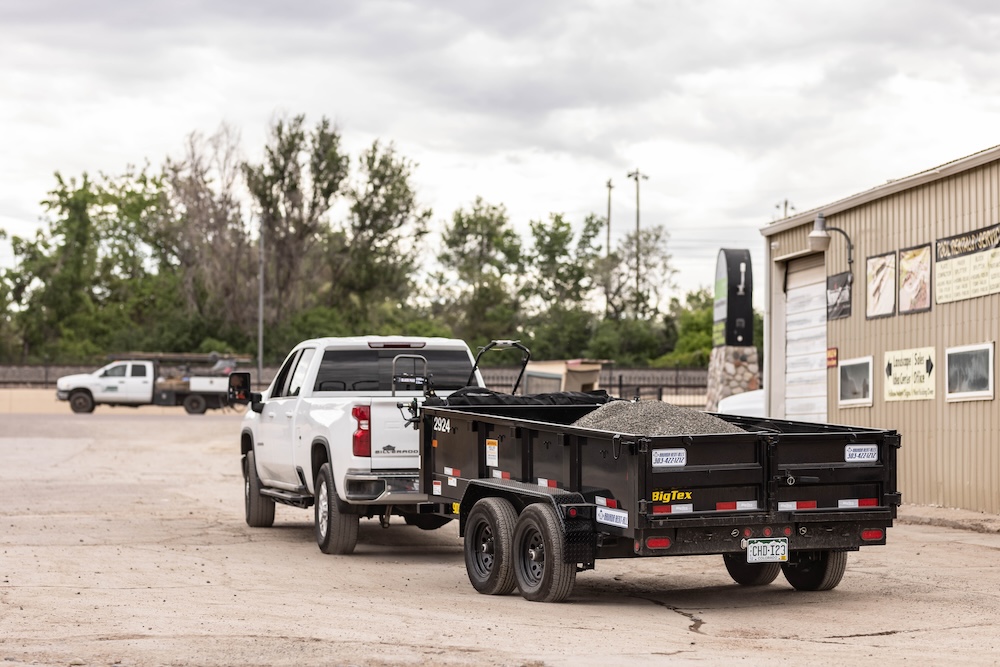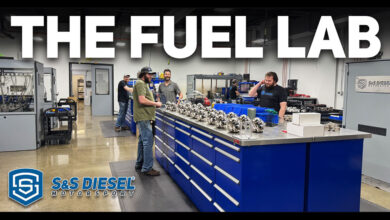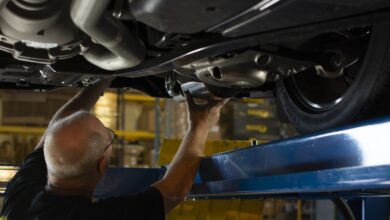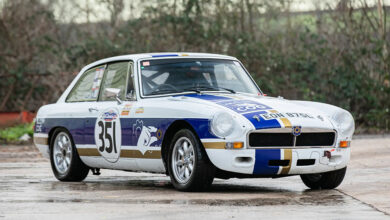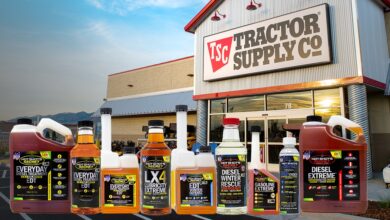Aftermarket Diesel Performance
A strong market searching for power, efficiency & durability...
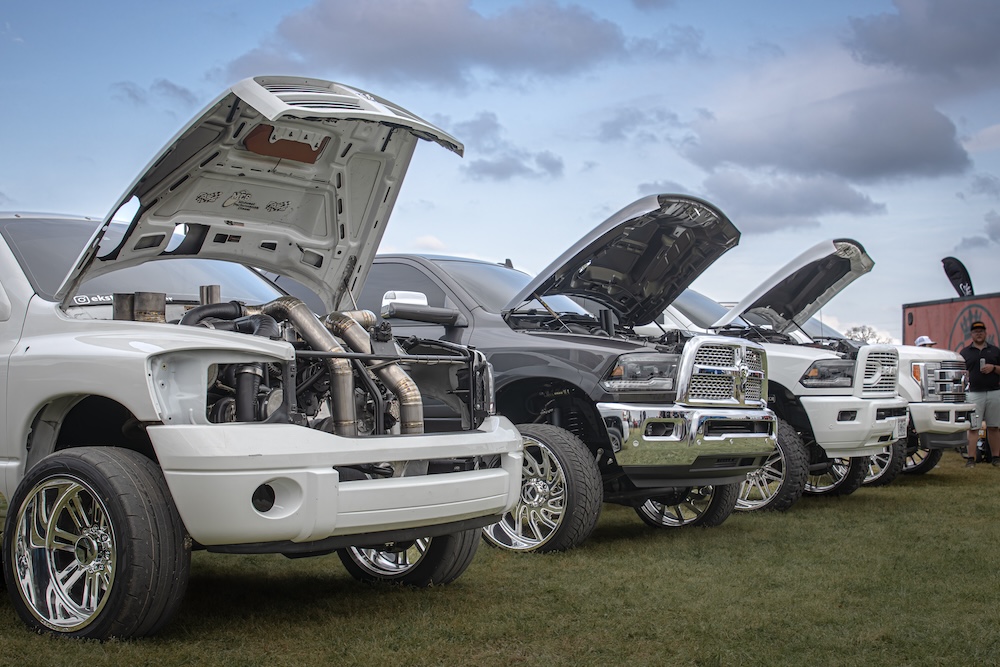
This article originally appeared in the May 2024 issue of THE SHOP magazine.
Whether for work or play, diesel vehicles offer power and performance options that remain aftermarket favorites.
Accepting a very wide range of aesthetic, under-hood, handling, towing and related upgrades, diesel vehicles can be accessorized and personalized for any activity, making a strong, bold statement along the way.
Serving this dedicated crowd of diesel drivers means understanding the trucks and SUVs from front to back, and can include offering more traditional repair and maintenance services to go along with the latest aftermarket enhancements.
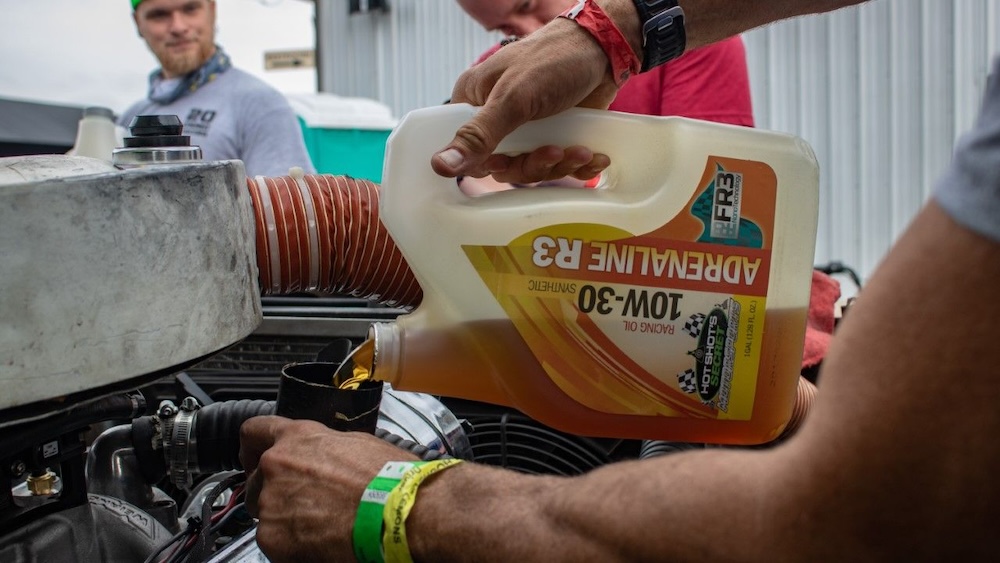
Suppliers can help put your shop on the right track with suggestions regarding hot new products, sales steps and challenges to navigate.
PERFORMANCE DEMANDS
Much like their gasoline counterparts, diesel enthusiasts are always searching for greater performance, efficiency and durability.
“The market has progressively changed, requiring diesel engine manufacturers to adapt to the needs of the modern industry,” says Business Unit Manager – Differentials Greg Milentis for Auburn Gear. “New designs and parts have been implemented to help reduce emissions, encouraging a cleaner, friendlier environment.”
Josh Steinmetz, brand manager at Hot Shot’s Secret, says the market has seen significant technological advancements in diesel engine performance tuning, including the development of more sophisticated engine management systems, tuners and performance chips.
“These advancements have allowed for more precise tuning and optimization of diesel engines for increased power and efficiency—making great strides in performance to match our gasoline counterparts,” he notes. “Diesel performance has become increasingly popular among enthusiasts and truck owners looking to enhance the performance and capabilities of their vehicles. This increased demand has led to a wider variety of aftermarket performance parts and accessories becoming available in the market. Meanwhile, stricter emissions regulations have necessitated the development of cleaner and more efficient diesel performance products.”
While some things change, others stay the same.
“One key expectation remains—diesel truck owners demand high performance from their vehicles, whether for personal or commercial purposes,” says Andrew Hodgson, EVP at Timbren Industries. “Meeting this expectation by providing products that enhance performance, reliability and efficiency has been and continues to be crucial in this ever-evolving market.”
Challenges begin with local and national emissions regulations, says Jay Tilles, brand manager for Banks Power.
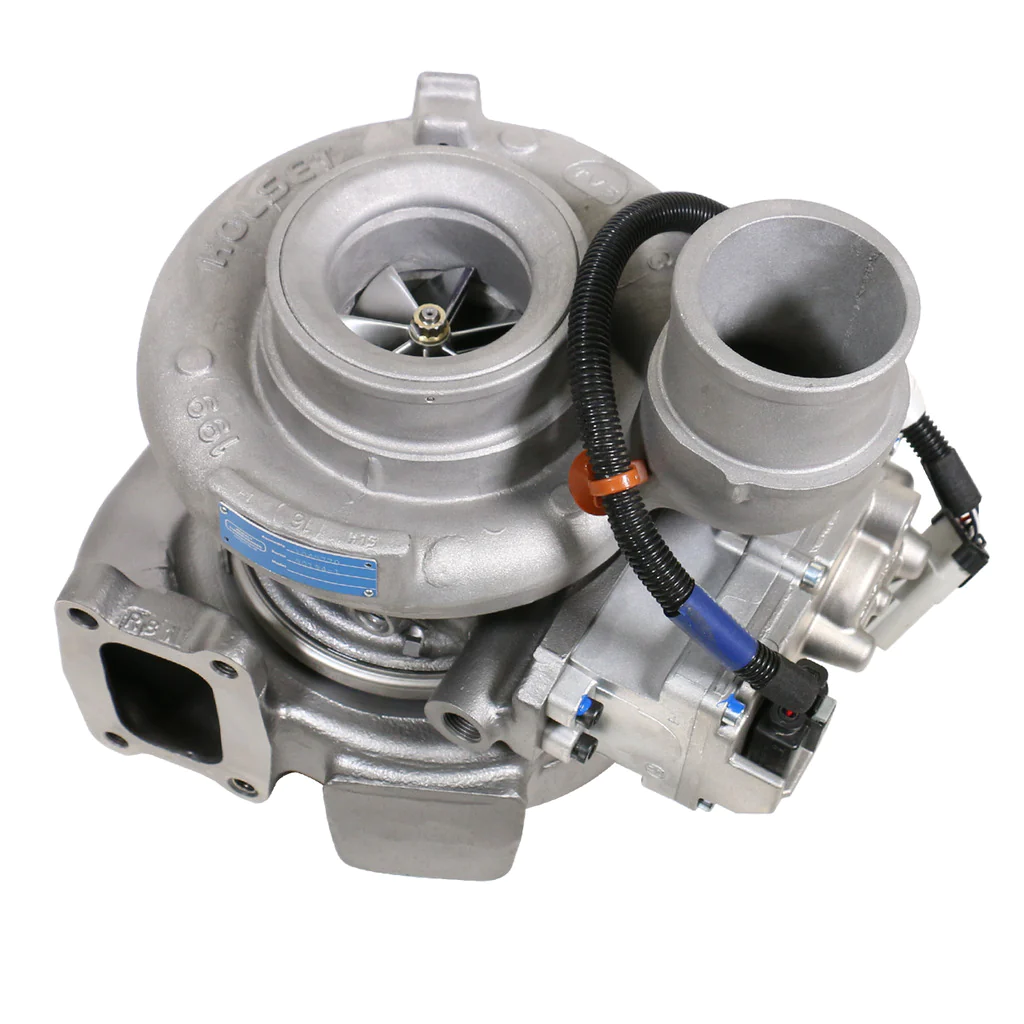
“The diesel market has become more competitive. However, producing products that pass CARB emissions compliance tests has never been more difficult,” he reveals. “Regulations have tightened, costs of tests have risen and the timeline has been extended. This has resulted in most companies settling for selling their parts in all states but California, which ironically is the largest market for diesel products.”
Christian Roth, CEO of BD Diesel, lists the changes he’s seen.
“Increased EPA attention. Confusion in the market about what products require CARB EO (stock replacement parts). Customers and installers seeking more CARB EO products. Rising costs and lower availability of new trucks. And a rise in DIYers,” he observes.
What’s affected the market the most, says Josh Thornton, lead R&D engineer at FASS Diesel Fuel Systems, is that “the EPA has cracked down on manufacturers and installers of emissions defeat devices, like EGR/DPF deletes.”
CASTING A WIDE NET
With those trends in mind, shops need to be deliberate in their approach to serving diesel customers, understanding that there are many areas of the vehicles that are ripe for improvement.
“Shops can increase sales by educating their customer base. Many customers trust their performance shop to recommend the right products to protect their vehicles,” Steinmetz suggests. “Selling a high-quality product will lead them back to you for more recommendations in the future. Offering a wide range of services beyond just performance upgrades can attract more customers. This includes services such as regular maintenance including oils and additives, diagnostics, repairs, custom fabrication and installation of aftermarket parts.”
Tilles also sees room for a holistic approach.
“Although performance improvement is still the driving factor for brands like Banks, solving problems for diesel owners has recently become a secondary motivation,” he reveals. “Our engineers create innovative solutions for common problems, while improving upon the stock parts’ original performance characteristics.”
Wondering where to start? Focus on the target vehicle and specific needs, Milentis advises.
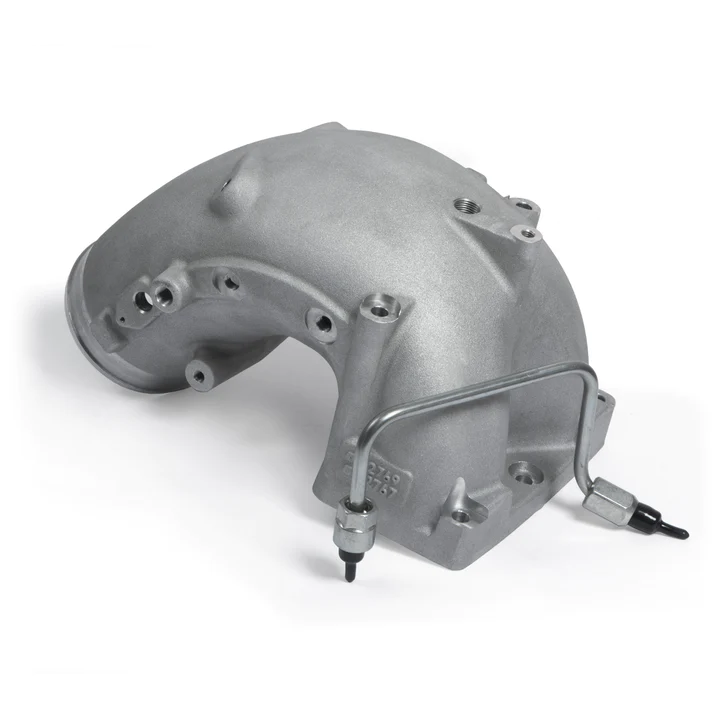
“A truck’s driveline definitely impacts peak performance. That’s why we recommend that shops consider offering our electronic locker. Drivers know the importance of having a rock-solid traction device to get them through daily challenges out in the field.”
Fuel system upgrades can be another enticing area that customers may not initially consider, says Thornton.
There’s opportunity in “a complete fuel system that improves filtration over OEM substantially and can triple the life of fuel injection system components. As a customer looking to improve reliability, this is the absolute first modification that should be added to your diesel,” he believes.
It even pays to look beyond opportunities traditionally associated directly to diesels, Hodgson advises.
“Growth opportunities for shops catering to diesel performance customers extend beyond the usual suspects of tuners and engine performance products. Those are no-brainers,” he says. “However, an area often overlooked is suspension support for towing and hauling. The assumption that larger trucks inherently have adequate suspension for heavy loads is a misconception. In reality, these vehicles frequently tow heavy payloads and benefit significantly from additional helper spring support. Recognizing and addressing this need can provide a valuable avenue for growth.”
In the end, gasoline and diesel don’t have to be mutually exclusive, Roth explains.
“Many shops that service diesel pickups could also service gas half-ton pickups with our manifolds and transmissions. BD is expanding ‘beyond diesel’ and currently manufacturing exhaust manifolds, turbochargers and transmissions for popular gasoline light-duty trucks.”
This provides a buffer for shops, he continues, as history has shown that when there’s uncertainty in the market, stock replacement parts rise as a percentage of sales compared to performance products.
“Offering stock replacement or slightly modified parts as opposed to full performance parts is an opportunity to retain customers—just at a slightly lower price point,” says Roth.
TIPS OF THE TRADE
Diesel performance is a deep, bountiful market. Suppliers offer tips for navigating it successfully.
“Listening never goes out of style,” says Hodgson from Timbren. “Engaging with customers, asking insightful questions and tailoring product offerings to their specific performance needs are critical practices. Shops that excel in understanding and responding to the unique requirements of each customer not only enhance the purchasing process but also cultivate loyalty, ensuring customers return for future needs.”
Tilles from Banks recommends neutralizing price point methodology.
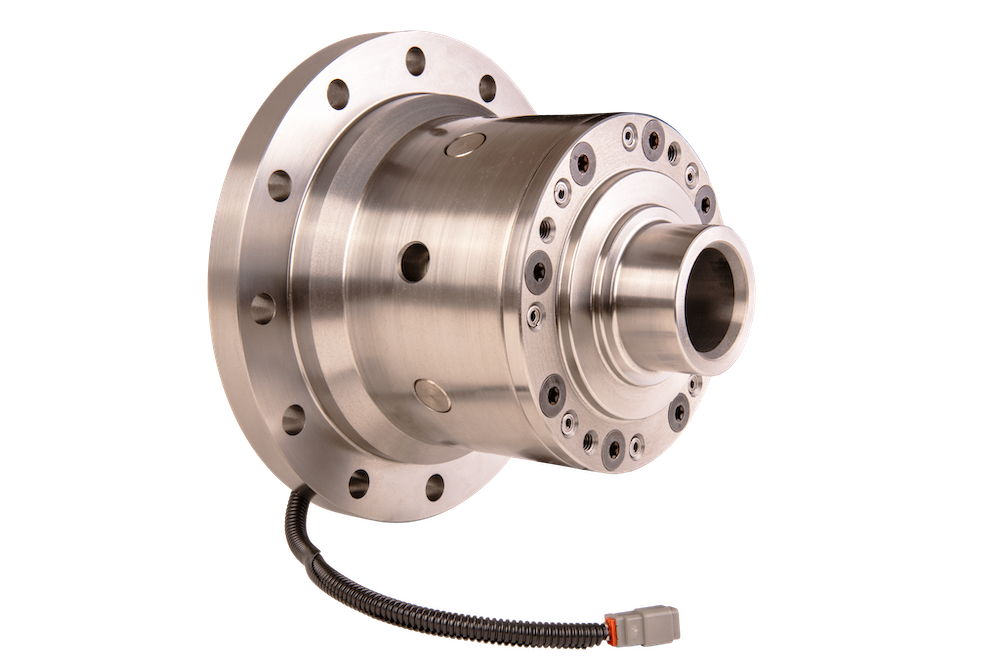
“A common mistake is selling the lowest priced parts just to secure the sale. When selling the lowest priced parts, the retail profit is smaller. The retailer should start by offering the best products available regardless of price,” he says. “Often, the best parts are priced accordingly because they have the most R&D invested.”
Partnerships begin by fitting the customer’s desired usage, says BD’s Roth.
“The biggest opportunity we see to avoid problems is to ensure your staff members who are selling parts to customers have a full understanding of how the customer intends to use their truck and then match them with the right product to do that,” he notes. “Over-sizing or under-sizing a part for the intended truck use based on margin or availability can have dire consequences.”
Delivering just what’s needed it always the goal, says Thornton.
“A very simple mistake that we see is a FASS (fuel system) with a higher flow rate than needed. Though our 290-gph system is extremely quiet, the lower-flowing systems will be even quieter. If a truck is fairly stock with just a simple tune, then there is no need to utilize a FASS that would generally be for trucks with 1,000-plus horsepower, as the customer can notice additional sound output.”
Providing recommendations based on prior experiences with makes and models of performance parts can lead to better overall customer satisfaction, says Steinmetz of Hot Shot’s Secret.
“Diesel additives can offer benefits such as improved fuel efficiency, enhanced lubrication, reduced emissions and prevention of fuel system issues,” he says. “However, one common mistake is the overuse or misuse of these additives. Different diesel additives serve specific purposes, such as improving cetane levels, preventing fuel gelling in cold temperatures or cleaning fuel injectors. Using the wrong additive or applying it incorrectly can lead to a lack of product performance and the opportunity for repeat business.”
Finally, Auburn Gear’s Milentis suggests searching for weak links that could lead to problems with a performance build and then solving them before they occur—even if they aren’t the upgrades normally at the top of many lists.
“When a truck owner comes to a shop—or searches YouTube for recommended options—for obtaining peak horsepower performance, the aftermarket items commonly recommended include cold air intake, inline tuner, pedal modifier and air (vs. flatback) differential cover. The thing that most checklists don’t include is replacing the OE differential with an electronic open-to-lock locker to give the driver the adequate performance needed to get the job done.”
